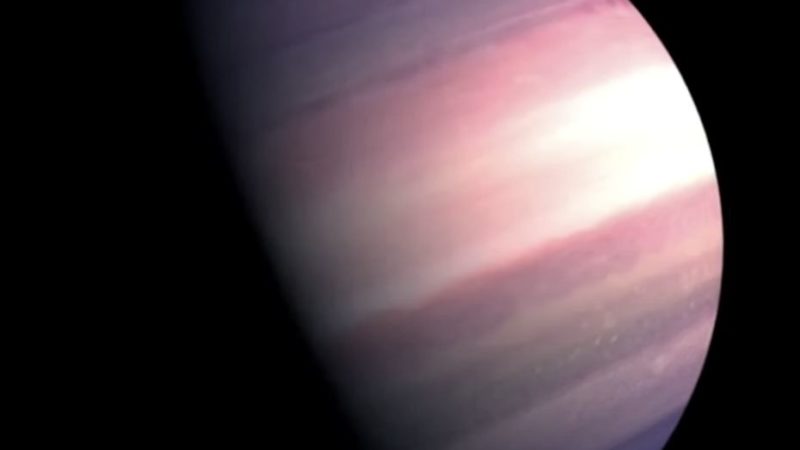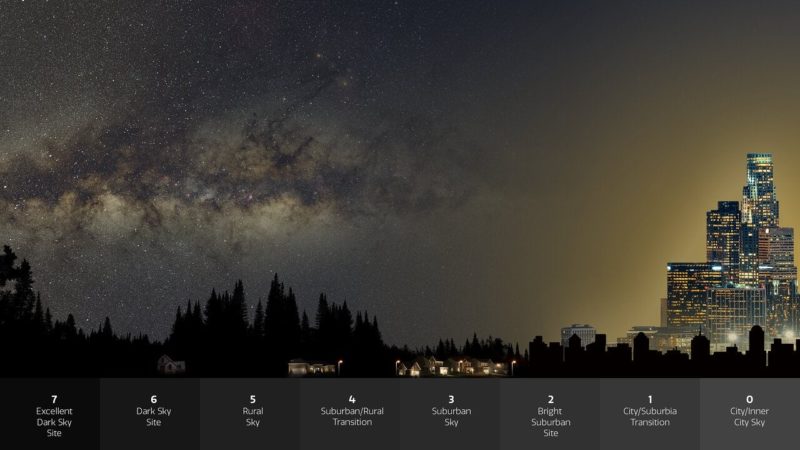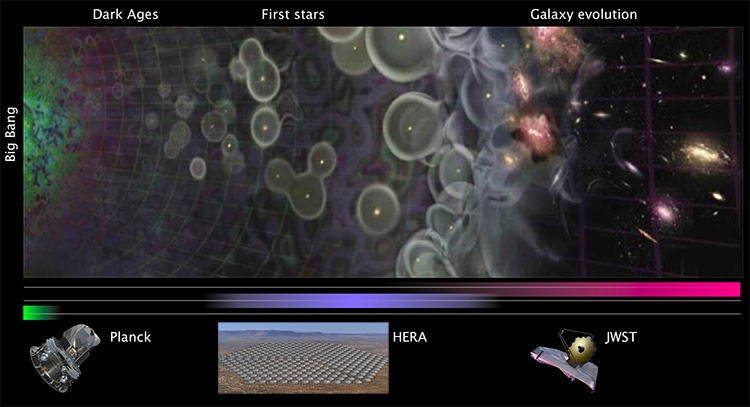Do we know more about the Moon than the deep sea? No. – Astronomy Magazine
But we can see the Moon very easily by simply looking up. By being able to see it, we accept an apparently glowing rock hanging in the sky more easily than that parts of the ocean are very deep. We can see the Moon wax and wane and we can experience the push and pull of the tides.
It feels like we know more about the Moon than the deep sea, because we are forced to accept its presence. It intrudes on our lives in a tangible way that the deep sea does not.
We don’t think much about the deep sea unless we’re watching a documentary or horror film, or perhaps reading about some “horrific alien-like monster” dredged up by a deep-sea trawler.
Because the deep sea is so physically inaccessible, comparing it to space may offer a useful analogy for an otherwise difficult-to-imagine ecosystem. But some deep-sea scientists argue that the persistent estrangement of the deep sea minimises the vast amount of research about it that has emerged in recent decades.
Deep-sea biology is relentlessly referred to as a discipline that knows less about its own field of study than a relatively small, barren rock devoid of atmosphere, water and life. And yet this self-deprecating line is repeated by scientists themselves, who may find that highlighting the deficit of knowledge about the deep sea helps to promote the need for ocean research.
Ultimately, the idea we know more about the Moon than the deep sea is at best about 70 years out of date. We know much more about the deep sea – but there is even more left to be known.
![]()
Prema Arasu, Postdoctoral research fellow, The University of Western Australia; Alan Jamieson, Senior Lecturer in Marine Ecology, Newcastle University, and Thomas Linley, Research Associate, Marine Ecology, Newcastle University
This article is republished from The Conversation under a Creative Commons license. Read the original article.




